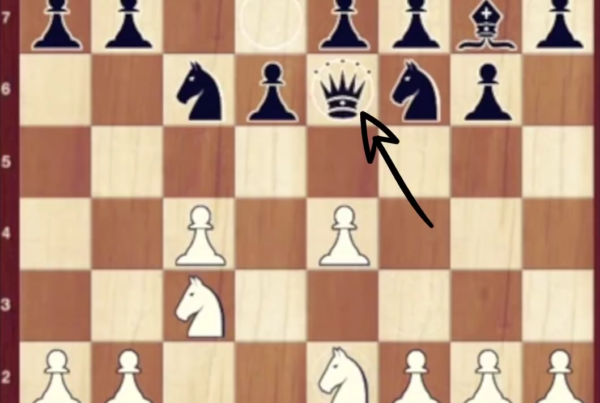
Credit: Getty Images/iStockphoto
Seven days — that is the average lifespan of a typical news story. While social media may kindle the dying fire of events in the media, the attention on one global affair is often redirected to another within the week. Although focusing our attention on one event can promote a proper understanding of that one topic, it is detrimental when we solely analyze the media’s perception of a consequence without contextualizing its causes and complexities. Therefore, how does the media’s “spotlight” effect on global affairs promote awareness while simultaneously increasing our blindspots?
News headlines and the media’s projection of global events define public discourse regarding international affairs, but the time frame of news in the media does not align with the lifespan of the event in question, as global conflicts often exceed the aforementioned one-week length. Instead, news outlets move on based on how quickly there is a new, perhaps more captivating update to cover. While exposure to international incidents is crucial to a well-rounded understanding of current events, we must understand that the media does not document the whole story — it documents certain facets without conveying the whole story.
Furthermore, it leaves out the context that led to that event, and we see the death without studying the underlying infection. This effect can be seen in how the Taliban continues to wreak havoc and strip women’s rights in Afghanistan, yet the news reporters have gone quiet on the subject. Similarly, the war in Ukraine has been replaced in the media with the Palestine-Israel conflict, which is equally important, but is no longer under the spotlight.
Additionally, the short-term, contextually-lacking information surges on global conflicts may increase factual understanding, but prevent the formation of realistic and well-developed conceptions. Many socio-political crises we see in the news are not sporadic events, but ticking political time bombs that developed into crises over time — unlike the media’s simplistic projection of a singular event. Although we should apply our morals to global conflicts, we need to also understand that the situation is not necessarily black and white, thus right and wrong may be blurred in the shades of grey.
On another important note, the centralized approach of the media subconsciously places us in a position to only view a situation in the manner it was presented: a biased, external viewpoint. Simply put, we believe what we see, and no news outlet can be completely unbiased. Certain regions and their respective conflicts are painted in a certain light, and when the spotlight is shone solely on a country’s flaws, all its positive aspects are neglected. This situation is particularly common in the Western representation of the Middle East, where the curtain of political controversies always masks the beautiful cultural backstage.
Another crucial issue of this “spotlight effect” arises when examining a conflict in a certain light without the necessary context and open-mindedness, which often fosters tense disagreements. Debates can be healthy to understand others’ opinions, but in recent times, this division has more so instills an “us vs. them” complex. This mentality creates unnecessary tension and impedes parties from striving to create a resolution. While coming together and dismantling the core of conflict through compromise is a more effective route, it may not always be possible. The specific facet of a global event presented in the media only emphasizes the “my way or the highway” perspective that rules out compromise altogether. Nevertheless, the media is not always a negative source for information, but rather a solid platform with opportunities not used to their fullest potential.
The expedited communication speed and accessibility of the media certainly promote a greater understanding of global affairs, but also limit our vision of the other aggravating factors that contributed to a situation’s climax. Overestimating our capacity without adequate knowledge is a phenomenon seen in the Dunning-Kruger effect, which is a cognitive bias that causes us to overestimate our capabilities. The ease of reading headlines in the media enables us to set aside complexities that would allow us to better understand the situation, while making us feel as though we are significantly more knowledgeable without that extra, but necessary, step.
It is that very crucial, and often missing step, that intertwines intelligence with ignorance, and why the media’s “spotlight” effect on global affairs concurrently increases both. As Saul Bellow said, “A great deal of intelligence can be invested in ignorance when the need for illusion is deep” — the illusion of our confirmation bias. Thus, a more profound understanding of global affairs does not entail condemning the media’s one-story-at-a-time approach, but rather perceive it as it is: a snapshot of a detailed bigger picture.
Other posts that may interest you:
- Carbon dioxide removal – hit or miss?
- Local Victories for Turkish Opposition — A Sign of Hope?
- Are France and Japan a Mismatch Made in Heaven?
- A Reflection on Dark Tourism
- Cadavre Exquis : Goodbye stranger
Discover more from The Sundial Press
Subscribe to get the latest posts sent to your email.





